OpenAI's latest artificial intelligence (AI) model has just achieved a gold medal-equivalent result at the International Mathematical Olympiad (IMO), one of the world's most difficult math competitions.
The information was shared by Alexander Wei, a member of the technical team of OpenAI, on the X platform: “Our latest experimental reasoning model has achieved a performance level equivalent to a gold medal at the IMO”.

IMO is a global mathematics competition that began in 1959 in Romania and consists of two four-and-a-half-hour days with three open-ended problems each. Notable IMO alumni include Grigori Perelman and Fields Medalist Terence Tao.
In an interview in June, Terence Tao commented that AI is unlikely to score high at IMO and should focus on simpler competitions.
However, according to Wei, OpenAI's new model solved five out of six problems correctly, under human-level testing conditions.
Noam Brown, another member of the team, said the model demonstrated the ability to sustain thinking over long periods of time – something that is essential for IMO problems. “These problems require continuous creative thinking, which is different from previous measures,” he said.
Wei sees this as a step forward in general intelligence. While DeepMind’s AlphaGeometry was designed specifically for mathematics, OpenAI’s model is a large language system (LLM) that can process mathematics in a more general context.
OpenAI CEO Sam Altman said it was a significant achievement, but that a model of this level would not be released to the public for several months. “When we founded OpenAI, we didn’t think this would happen so soon,” he wrote on X.
The achievement reflects the speed at which the technology is advancing. Brown notes that just last year, AI labs were using elementary school math to evaluate their models.
Tech entrepreneur Peter Thiel also said that it would take at least three years for AI to be able to solve the US Mathematical Olympiad exam.
Some remain cautious, however. Gary Marcus, one of the most prominent AI critics, called the results “impressive,” but also questioned the training methods, the scope of general intelligence, practical applications, and cost per problem. He also noted that the IMO has not independently verified the results.
(According to Insider)
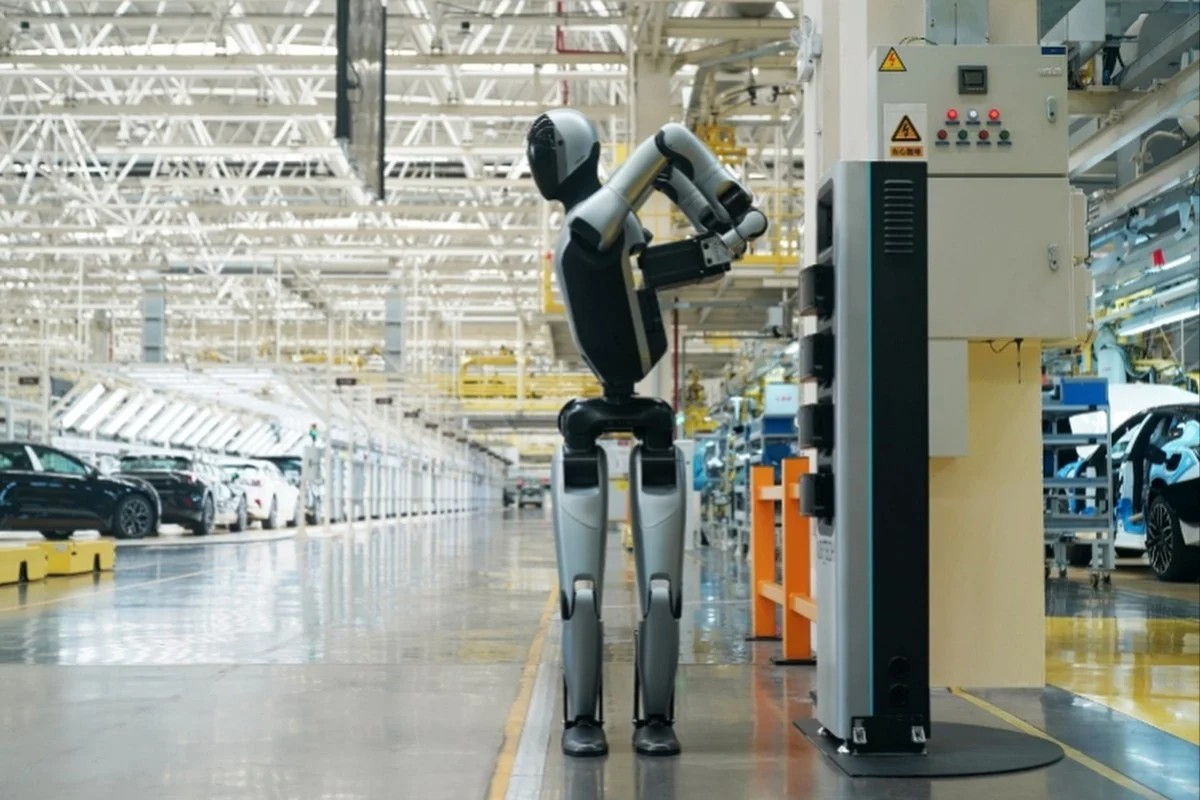
Source: https://vietnamnet.vn/openai-tuyen-bo-dat-thanh-tich-ngang-huy-chuong-vang-imo-2423873.html



![[Photo] Vinh Hao-Phan Thiet Expressway has a frog's jaw](https://vphoto.vietnam.vn/thumb/1200x675/vietnam/resource/IMAGE/2025/9/13/a89ffa426f7a46ffb810cb1d7bdfb1b8)
![[Photo] General Secretary To Lam attends the Digital Popular Education Symposium - Digital National Assembly](https://vphoto.vietnam.vn/thumb/1200x675/vietnam/resource/IMAGE/2025/9/13/43ebd93f0f5e4d98a2749dab86def7cd)




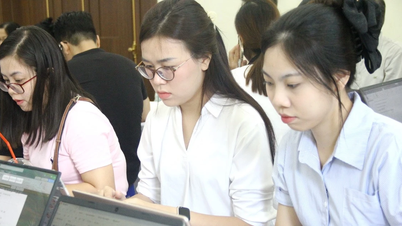



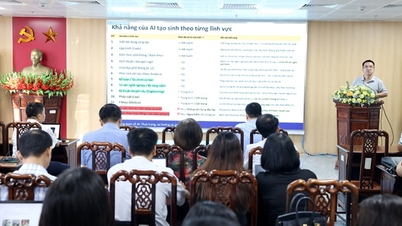












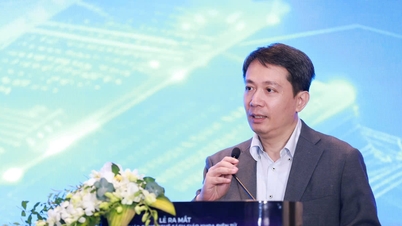





























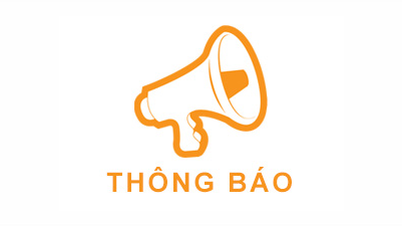






















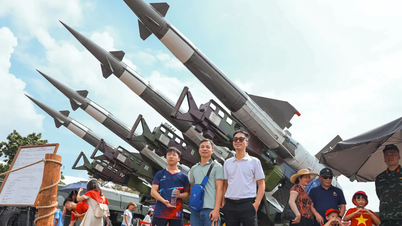







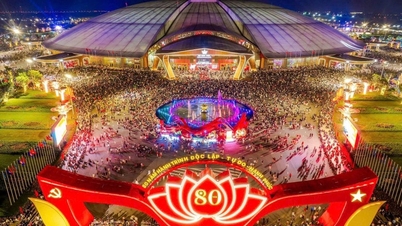














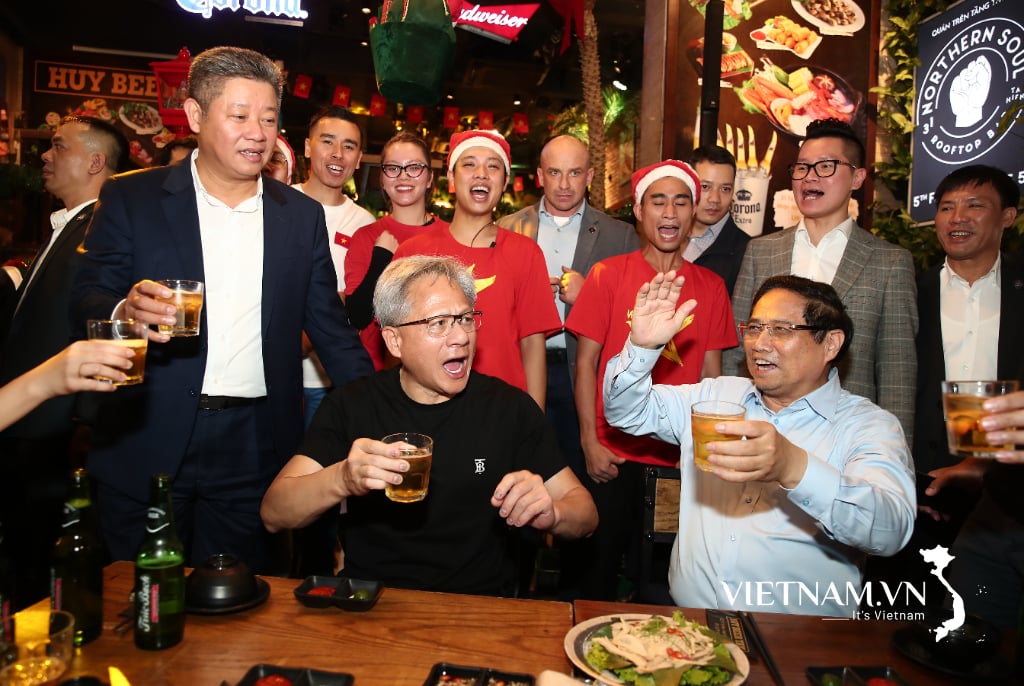

Comment (0)